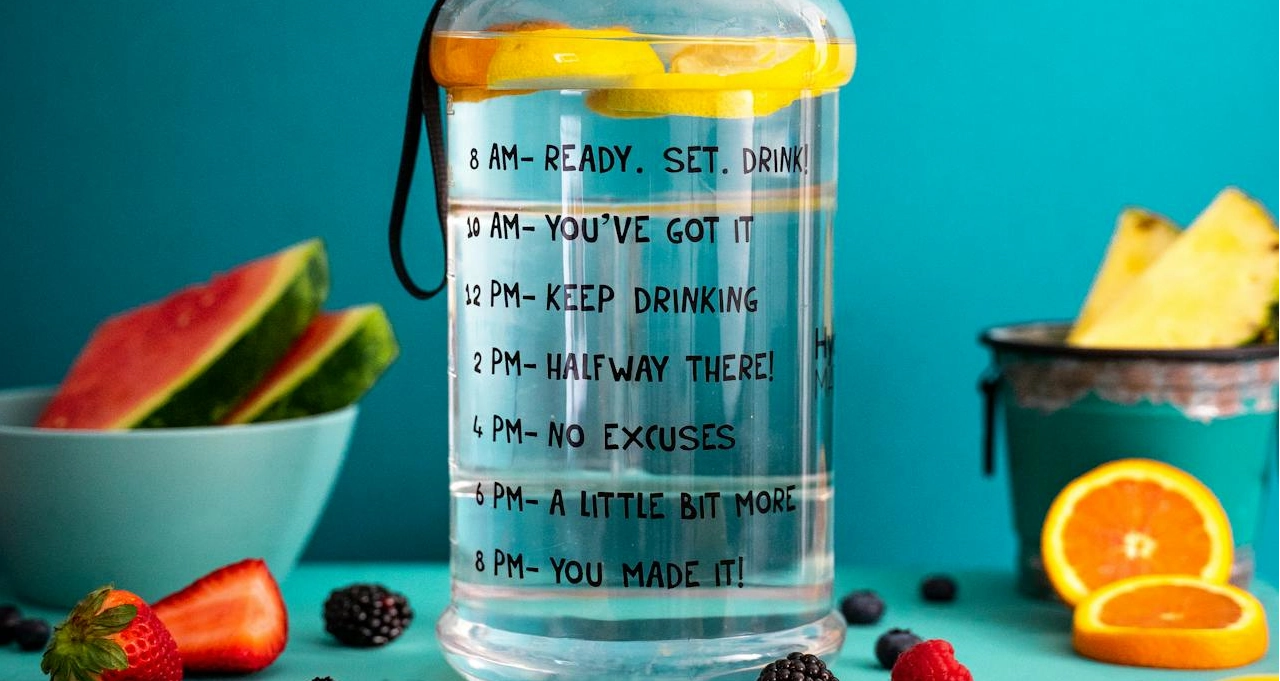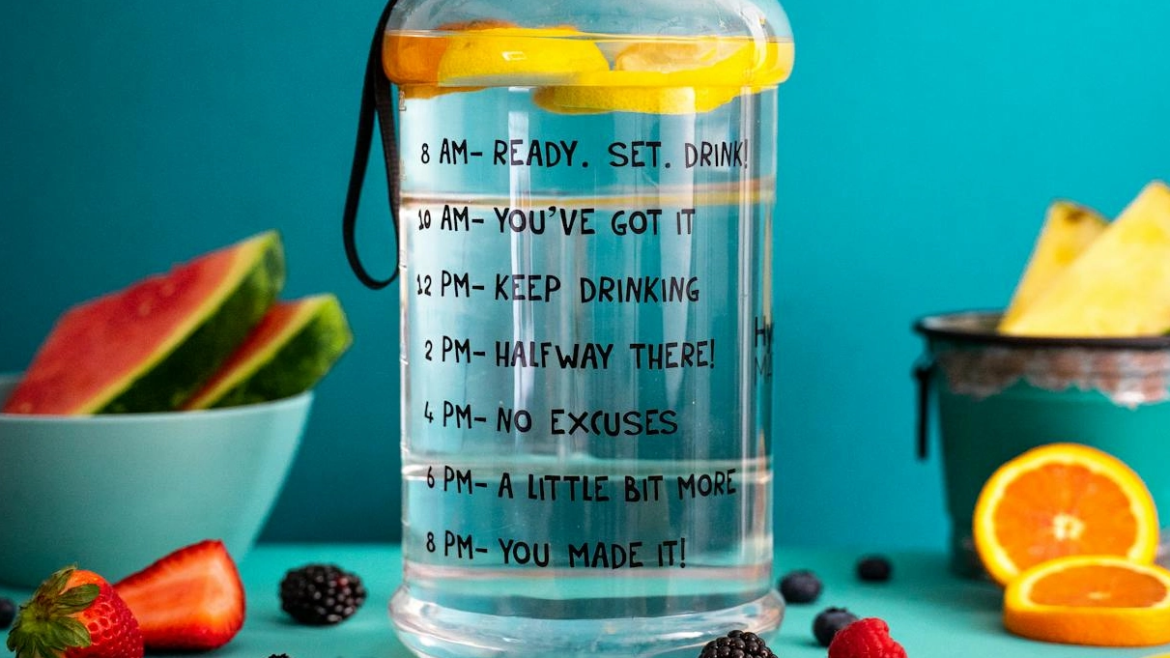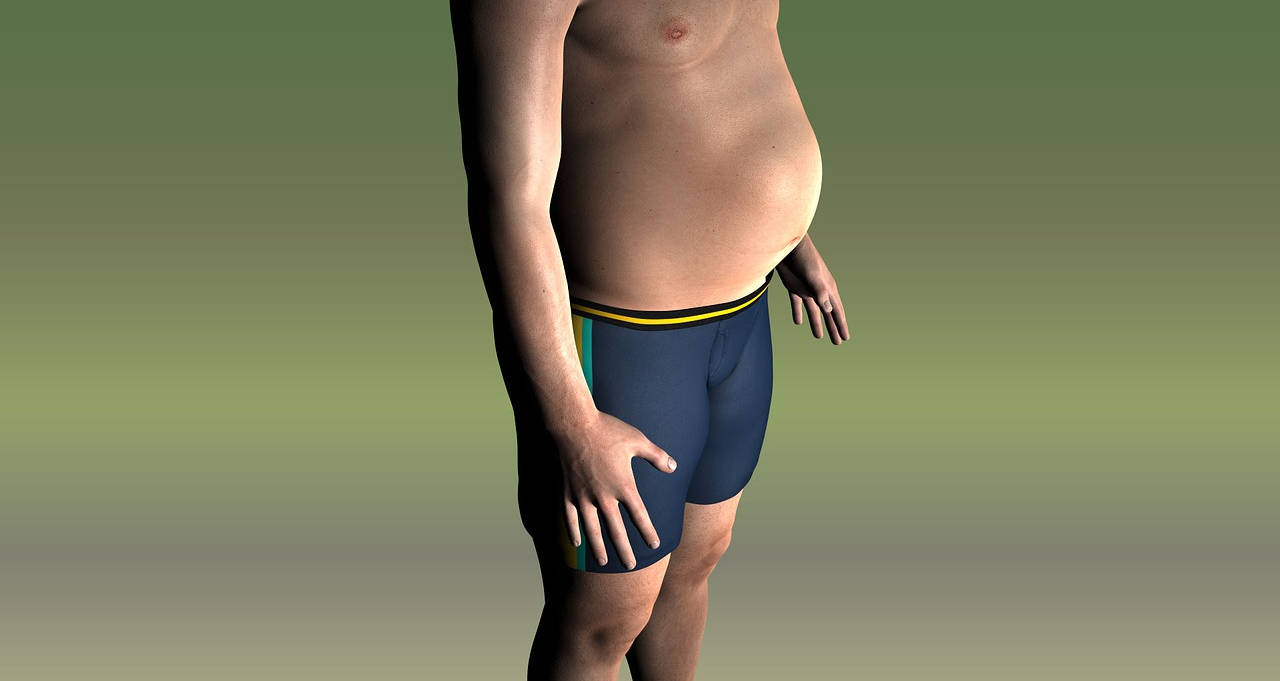Summer is Coming! Keep Your Back Healthy—Stay Hydrated!
During the summer, when temperatures are higher and you're likely to be more active and sweating more, it's important to drink plenty of water to stay adequately hydrated. This can help support the health of your spine and reduce the risk of back pain or discomfort.
Staying hydrated is particularly important for your back pain or spine health during the summer for several reasons:
Increased Risk of Dehydration: During the summer, higher temperatures and increased outdoor activities can lead to more significant fluid loss through sweating. Dehydration can have adverse effects on spinal health, as the discs between your vertebrae require adequate hydration to maintain their cushioning properties.
Disc Health: The intervertebral discs in your spine act as shock absorbers, providing cushioning between the vertebrae. These discs are comprised mostly of water. When you're dehydrated, these discs may lose some of their water content, becoming less effective at absorbing shock and supporting the spine. This can lead to increased pressure on the spine and potentially exacerbate existing back pain or contribute to the development of new issues.
Muscle Function: Proper hydration is essential for maintaining optimal muscle function. Dehydration can lead to muscle cramps, spasms, and stiffness, which can increase discomfort in the back or exacerbate existing back pain.

Joint Lubrication: Hydration helps to lubricate the joints in your spine. Adequate hydration ensures that the joints remain well-lubricated, reducing friction and promoting smooth movement. Dehydration can lead to increased friction between the vertebrae, potentially contributing to back pain and discomfort.
Prevention of Kidney Stones: Dehydration increases the risk of kidney stones, which can cause severe back pain when they pass through the urinary tract. By staying hydrated, you can help reduce the likelihood of developing kidney stones and experiencing associated back pain.
Signs of Dehydration
Dehydration manifests through various signs and symptoms. A simple indicator, especially for children, is urine color—dark yellow, orange, or brown hues signal dehydration, while pale yellow suggests proper hydration. Mild dehydration may cause dizziness, reduced urine output, dry mouth, and fewer wet diapers in infants. Severe dehydration symptoms include lethargy, cold extremities, rapid breathing, irritability, and confusion. Adults may additionally experience excessive sweating, dry skin, and dizziness. Severe dehydration can lead to confusion, weak pulse, sunken eyes, or fainting. In such cases, consulting a physician or visiting the Emergency Room for IV fluids may be necessary.
In addition to staying hydrated, it's essential to practice safe habits during the summer to prevent injury and maintain spinal health. When engaging in outdoor activities or sports, be mindful of proper form and technique to avoid strain on your back and spine. Incorporate regular stretching and warm-up exercises before physical activity to prepare your muscles and reduce the risk of injury. Take frequent breaks, especially in hot weather, to prevent overexertion and dehydration. Additionally, use caution when lifting heavy objects, employing proper lifting techniques and asking for assistance if needed. By prioritizing safety and practicing healthy habits, you can enjoy the summer months while minimizing the risk of back pain or injury. If you ever need the expert help of a chiropractor, reach out to Dr. Gill from Everett Spine and Rehab in Snohomish County.
Sources:
ncoa.org
healthpartners.com
kidney.org
weillcornell.org
openai.com






